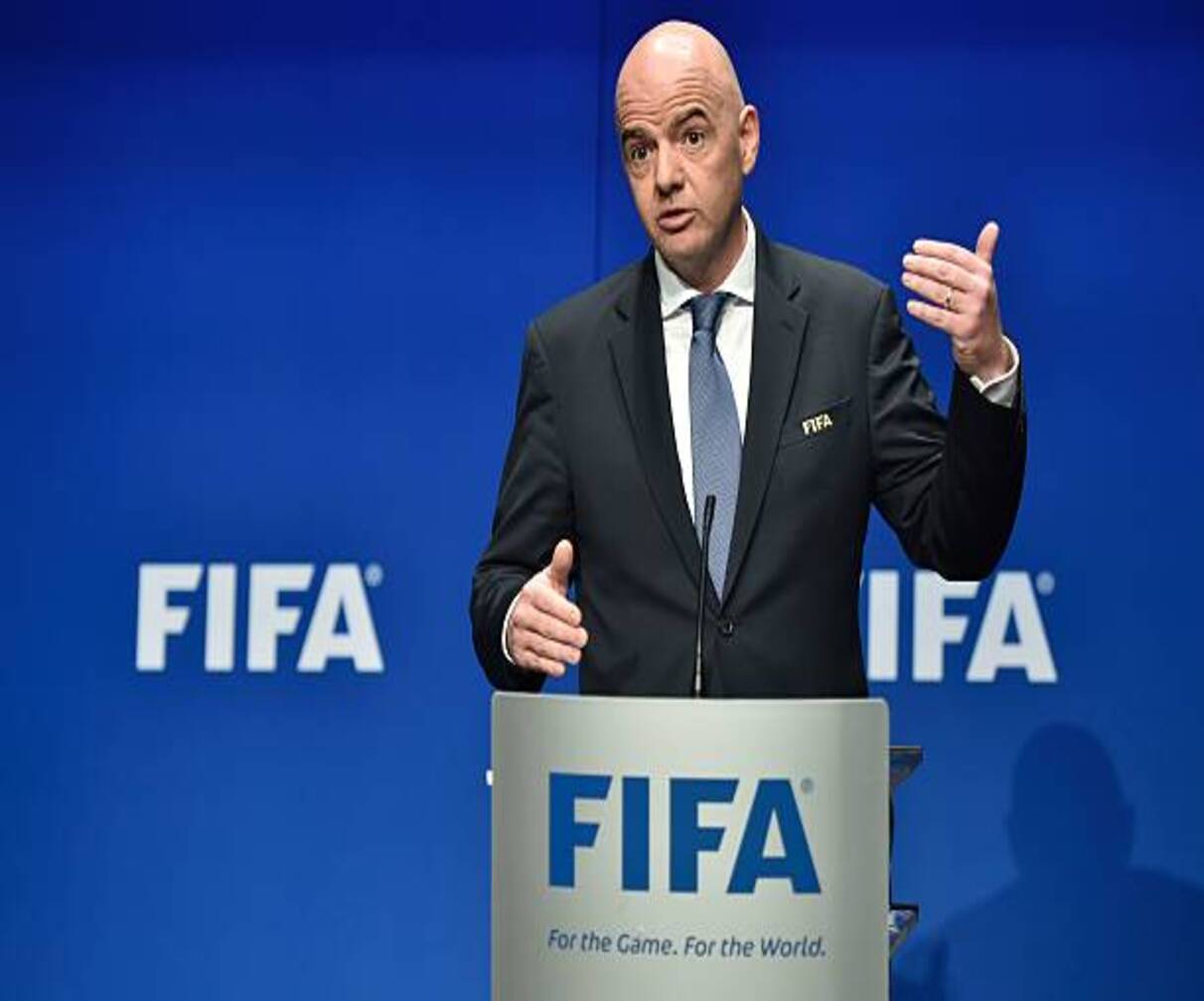
The FIFA Council announced this Friday the changes it approved in mid-May at its meeting in Bangkok, the capital of Thailand, to extend protection to female footballers who become pregnant and to those who are not expectant mothers. The body that governs world football has extended to coaches – the players already had it – the right to maternity leave with a period of paid work rest of at least 14 weeks. He has also given the green light for athletes and technicians who are not biological mothers to have an eight-week paid leave. The provision, which modifies the Regulations on the Status and Transfer of Players (RSTP), establishes minimum criteria that the federations that are part of FIFA must comply with. Therefore, it is a regulatory umbrella that countries themselves can expand to provide greater protection to female athletes in their work.
Also Read: Manchester United Surprises City and Wins the FA Cup
In Spain, the League F agreement establishes that the footballer who becomes pregnant has the right to renew for one season with the same conditions that she enjoyed. The text, which is in negotiations to be renewed, also states that discrimination due to pregnancy or maternity will constitute direct discrimination based on sex. However, the sick leave time is not included and depends on Spanish labor legislation, which stipulates that it is 16 weeks for both parents. The first six must be taken after the mother gives birth and the other ten can be enjoyed later.
Another novelty included in the modification of the RSTP is that players will have the right to be absent from training and matches for reasons of menstrual health, always receiving their full salary. In Spain, sick leave due to disabling menstruation was approved in May 2023 within the framework of the abortion law and came into force on June 1 of last year. To request it, patients must have a medical diagnosis of secondary dysmenorrhea, that is, painful menstruation associated with pathologies such as endometriosis, fibroids, adenomyosis, or other ailments such as pelvic inflammation, endometrial polyps, polycystic ovaries or difficulty in the outflow of menstrual blood. During the first year of the rule, only 1,418 withdrawals were processed with an average duration of three days, according to the latest data from the Ministry of Inclusion.
FIFA also urges member associations to facilitate contact with families of players who have children. This was one of the novelties that the Spanish team experienced last summer during the World Cup in Australia and New Zealand. During the tournament, Irene Paredes could be seen playing with her son, Mateo, or Ivana Andrés bathing her baby, Jara, when she was barely a month old. The soccer players managed to get the federation to improve their conditions to reconcile and relax strict schedules that had caused discomfort in the group. They also received 15,000 euros to be able to take their loved ones to the oceanic countries.
Finally, the body that governs world football asks member federations to establish a paid rest period of at least eight weeks in cases where a professional adopts a child under two years of age. If the child is between two and four years old, the leave period must be at least four weeks; and if he is older than four, two.
